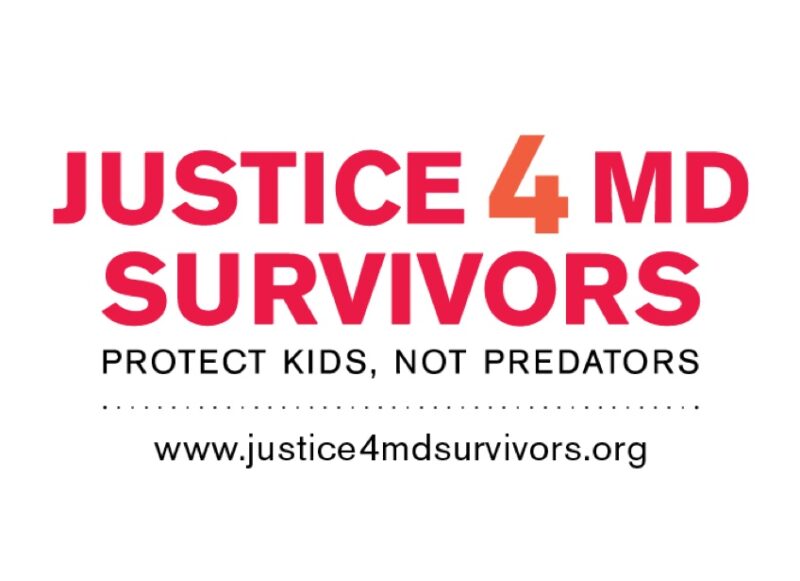Advocate for Others

Through the Hidden Predator Act of 2021, Maryland is poised to make great strides toward justice for survivors of childhood sexual abuse, their healing, the prevention of future abuse, and the ability to hold accountable individual perpetrators and institutions that might have facilitated them.
In 2019 and 2020, the Maryland House of Delegates overwhelmingly passed The Hidden Predator Act of 2020. Unfortunately, the COVID-19 pandemic and the early closure of the Maryland General Assembly meant that the bill did not move forward in the Maryland Senate. The advocates, prevention experts, survivors, and community members advancing this legislation were grateful for the unanimous support and are further galvanized by the backing received from members of both the House and the Senate to revisit the bill this year. Endorsed by a broad coalition of support and buoyed by the strong national trend on this issue, we enter the 2021 Legislative Session with more momentum than ever.
Statistics show that 1 in 5 girls and 1 in 13 boys will experience child sexual abuse before reaching adulthood. We have learned through research that the adverse experiences we face in childhood (ACEs) change the structure and function of our brains and have lasting individual and societal impacts into adulthood. The trauma associated with childhood sexual abuse too often leads to PTSD, alcohol and opioid abuse, depression, suicide, and education and employment hurdles. The impact is felt by all of us. According to the CDC, the economic burden of child sexual abuse is over $9 billion annually.
Across the country, legislators are recognizing that change needs to happen. Since 2018 one third of states have passed laws extending the civil statute of limitations. Seventeen states and D.C. have established lookback windows for child sexual abuse claims. Changes in these laws have given adult survivors of child sexual abuse another pathway to healing and justice.
The Hidden Predator Act of 2021 would:
- Eliminate the civil statute of limitations going forward
- Create a lookback window for those victims who have previously been barred by the statute of limitations, allowing them to file suit for a period of two years.
- Remove the “statute of repose,” making it clear to the courts, the public, and survivors that the Maryland General Assembly did not intend to vest constitutionally protected property rights in child sexual predators nor in the individuals and organizations that hid predators from discovery and prosecution.
Maryland has no criminal statute of limitations for felonies, including those involving child sexual abuse. However, criminal and civil proceedings provide different remedies; both are necessary for justice to be served and survivors should have every option available.
Not only does this bill provide support and access for adult survivors, it provides preventative protection to children. In states where lookback windows are opened, hidden predators are exposed. In Minnesota, under their 3-year lookback window, 125 predators were identified, In California, under their 1-year lookback window, 300 predators were identified. For our neighbors in Delaware, the lookback window uncovered Dr. Earl Bradley, the most active, previously undisclosed predator to date, who as a pediatrician had 1,000 victims.
Collectively, we are saying enough is enough. Those who sexually abuse children, and the institutions that protect abusers, must be held accountable. Survivors deserve access to justice, and Maryland can and must do better to provide it. We urge each of you to consider how you might lend your support to this statewide effort and to visit www.Justice4MDsurvivors.org to find more information to get involved.